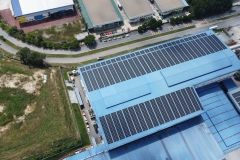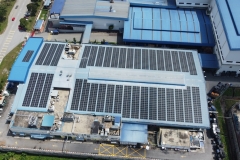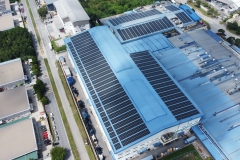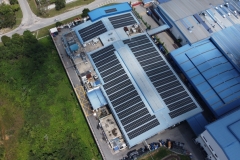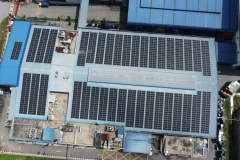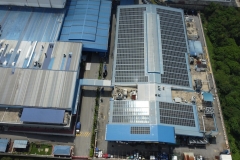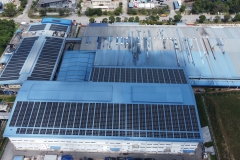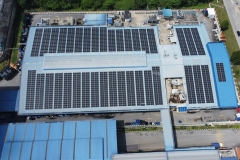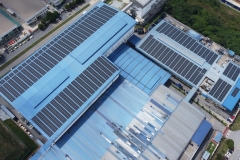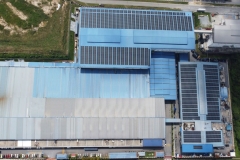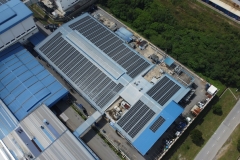JOURNEY TO SUSTAINABILITY
Kian Joo Can Factory Berhad journey in pursuit of sustainable value creation through good corporate governance and commitment to ESG initiatives started in 2017. Commitment came from the highest level when our Board of Directors approved and adopted a Sustainability Policy for Kian Joo Group of Companies.
The Group continues to work at embedding sustainable practices across different facets of its business. Our progress in meeting our sustainable commitments todate is tabled below: –
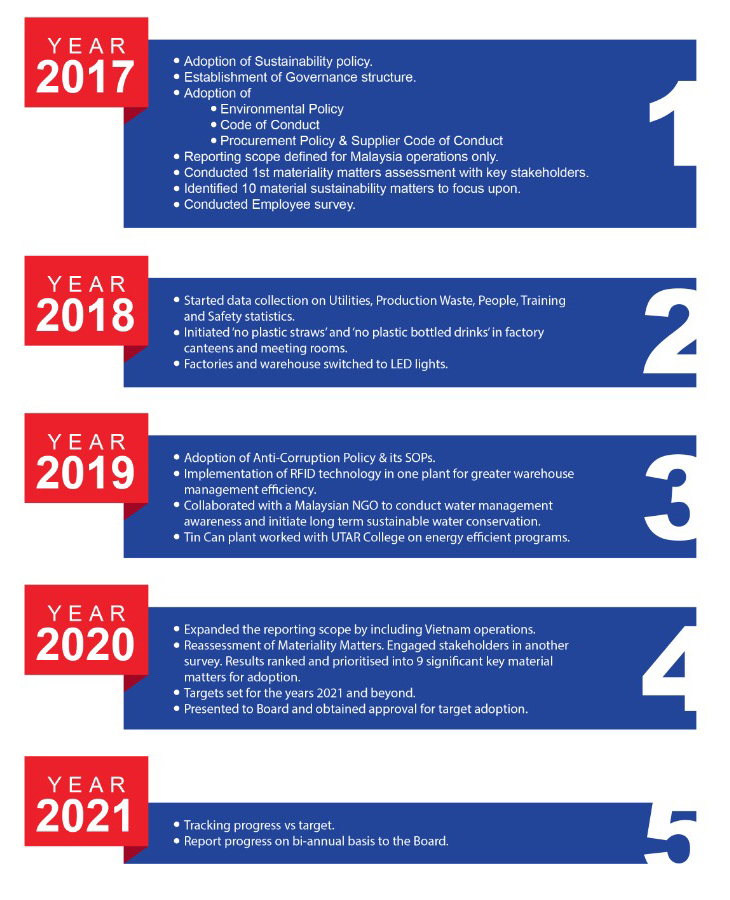
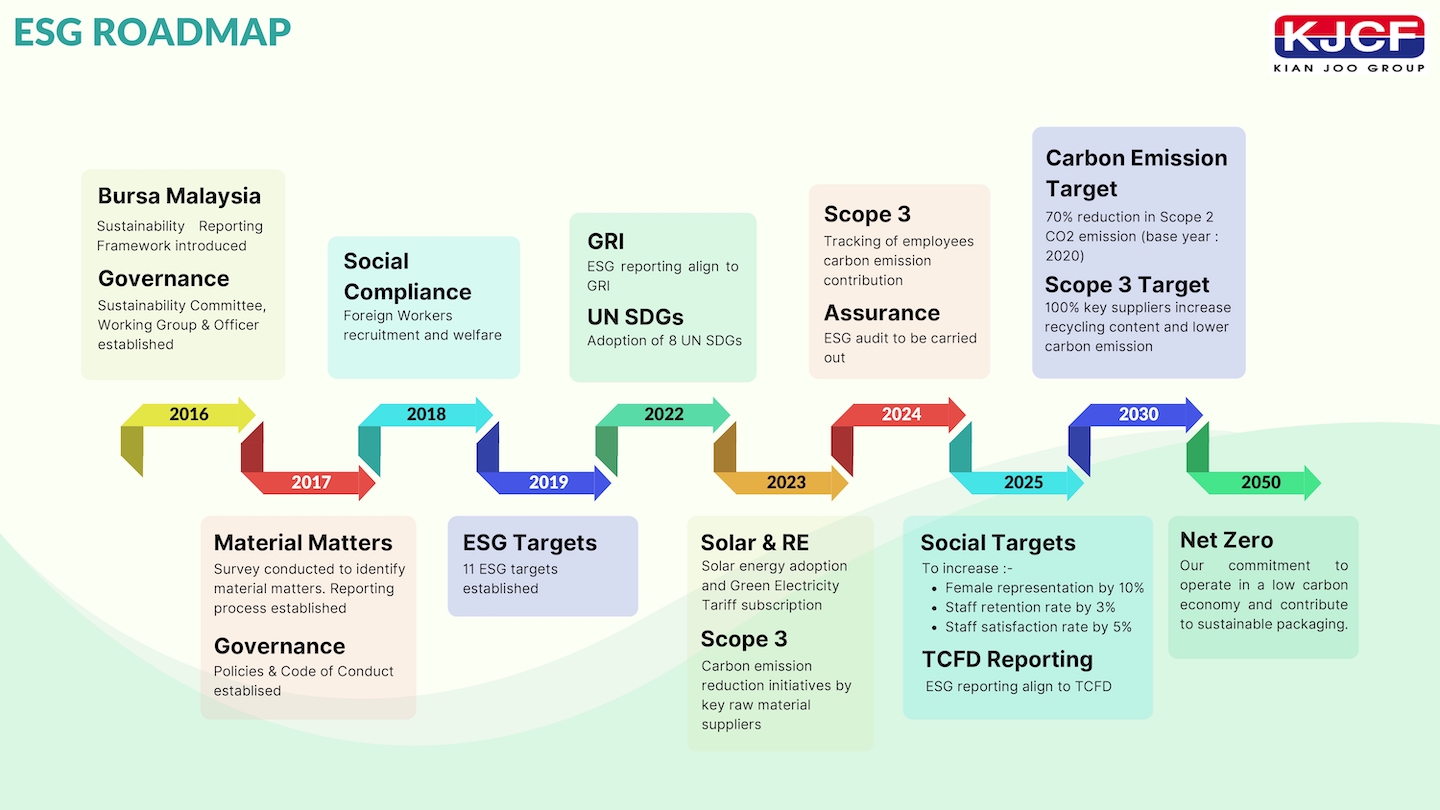
SUSTAINABILITY APPROACH
The Group integrates sustainable thinking in its business processes, guided by the following sustainability principles:
- Ensuring compliance with all relevant laws and regulations applicable to the Group.
- Periodically review its sustainability approach and practices for improvement and to ensure the journey aligns with the Group’s business objectives.
- Continuously engage and communicate with all relevant stakeholders for the identification, assessment, and management of material sustainability matters.
- A robust governance structure to provide leadership, oversight, and accountability.
SUSTAINABILITY IN OUR BUSINESS PROCESSES
| PLANNING & DEVELOPMENT | PROCUREMENT | MANUFACTURE | SALES & DELIVERY |
|---|---|---|---|
|
|
|
|
| EXPECTED SUSTAINABILITY OUTCOMES | |||
|
|
|
|
Our Sustainability report is consolidated under our holding company, Can-One Berhad and is published as part of the holding company Annual Report. The report is accessible at the following websites.
ROOFTOP SOLAR
1. KJM Aluminium Can Sdn. Bhd. (Nilai)
- 3,780 units of 580-watt solar panel module.
- Installed Capacity of 2,192.4 kWp solar PV System.
- Capable of generating 2.7 GWh / year (based on yearly average for the 1st 5 years generation)
- To be ready by 1st quarter of 2024.
- 1,725.3 tonnes CO2e avoidances / year (source: https://www.mgats.com.my/ghg-avoidance)
- Equal to 2,360 acres of forest offsetting CO2 from the atmosphere.
2. KJM Aluminium Can Sdn. Bhd. (Nilai) – Warehouse Lot 16638 (Grey Roofing)
- 80 units of 580-watt solar panel module.
- Installed Capacity of 46.4 kWp solar PV System.
- Capable of generating 57 MWh / year (based on yearly average for the 1st 5 years generation)
- To be ready by 1st quarter of 2024.
- 36.42 tonnes CO2e avoidances / year
3. KJCP (Nilai)
- 80 units of 580-watt solar panel module.
- Installed Capacity of 46.4 kWp solar PV System.
- Capable of generating 57 MWh / year (based on yearly average for the 1st 5 years generation)
- To be ready by 1st quarter of 2024.
- 36.42 tonnes CO2e avoidances / year

